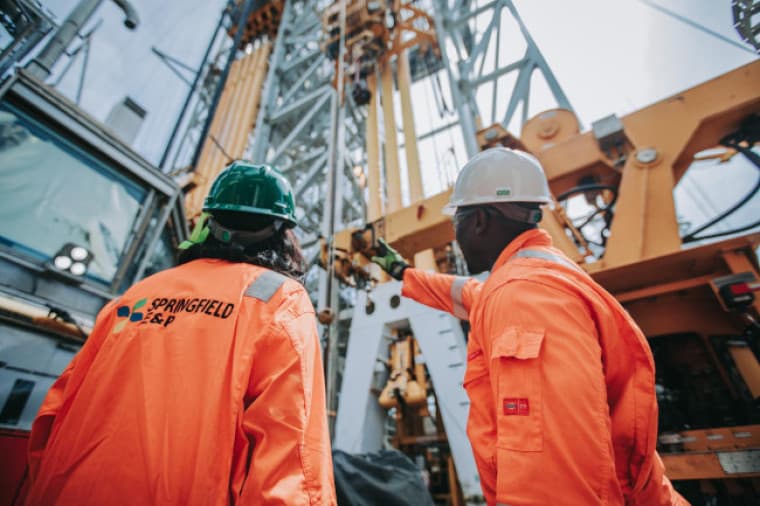Ghana Pursues State Takeover of Springfield Block, Seeks Output Gains
Ghana opened talks to acquire Springfield Exploration's stake in an offshore block that holds an estimated 1.5 billion barrels of oil, a move aimed at reversing a steep fall in crude output and supporting the country's economic recovery. The deal, to be run through state oil company GNPC, could unlock long term value but faces legal, technical, and fiscal hurdles that will shape investor confidence and future production.

Ghana said on November 19, 2025 that it had initiated discussions to take over Springfield Exploration's interest in West Cape Three Points Block 2 through the Ghana National Petroleum Corporation. The ministry framed the possible state led acquisition as a strategic step to unlock the block's long term economic value and safeguard national oil production after a sharp decline in output earlier this year.
The block contains the Afina field, discovered by Springfield in 2019, but the field has not been moved into production. Delays have been tied to disputes with other operators and legal rulings that have impeded development. Springfield did not immediately respond to requests for comment, and the ministry said independent advisers have been engaged to carry out technical assessments and to value Springfield's stake before any repositioning of the asset.
The intervention comes as Ghana's crude output plunged 25.9 percent year on year in the first half of 2025, the lowest half year level since 2016, driven by lower flows from several major fields. That decline has clear economic consequences. Oil and gas revenues account for a sizable share of government receipts and export earnings, making production shortfalls a direct drag on public finances and the current account at a time when the broader economy is seeking to stabilize.
From a market perspective the proposed takeover is double edged. Rapid state action could reassure domestic policymakers and markets that Ghana will act to protect production capacity and revenue streams. At the same time, a state led acquisition of an operating interest in a deepwater asset raises questions about the capacity to execute complex developments, and about how future partnerships will be structured to attract the technical and capital resources required.
Technical assessments will be crucial. Deepwater development typically requires intensive capital investment and specialized operatorship expertise. The ministry's plan to reposition the asset through partnerships with experienced deepwater operators acknowledges those constraints and signals an intention not to shoulder the full execution risk within GNPC alone. Valuation will also be contentious, given the unresolved disputes and legal history surrounding Afina, and any forced sale or negotiated transfer could prompt arbitration or compensation claims.
Policy choices in the weeks and months ahead will determine whether the move produces the intended effect on output and revenues. Effective outcomes will likely require clear legal resolution of outstanding disputes, transparent valuation and tender processes, and credible frameworks to share risk and returns with international partners. Poorly managed acquisition could exacerbate fiscal strains if it leads to prolonged legal entanglements or if state bodies are left to fund costly development work.
For now the government's engagement with advisers and the signalling of a state led takeover underline the urgency of restoring production. If managed carefully, development of Afina and the broader block could materially boost Ghana's oil base over the medium term. If not, the action may shift financial and political risk onto the state without delivering the output gains policymakers need.
